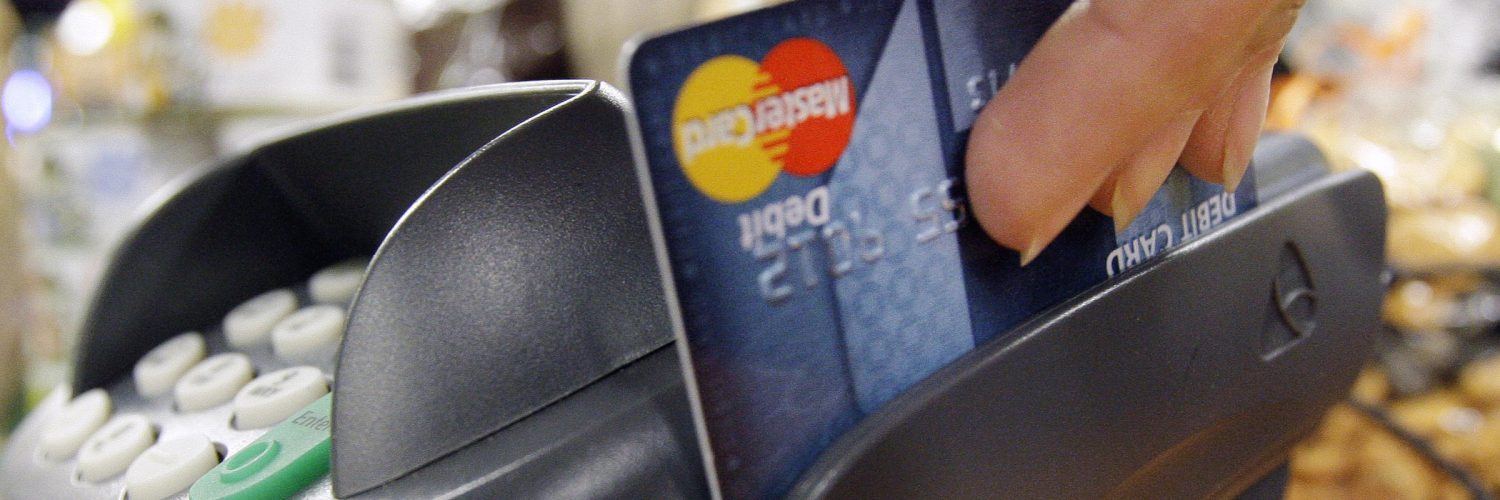“For the first time in many years, surcharges are suddenly allowed on Texas credit card sales. Merchants can penalize you, passing on their “swipe fee” costs to you. A federal judge in Austin ruled this summer that the state law was unconstitutional. It was tossed.”
Dave Lieber, The Watchdog columnist
Dallas News
23 November 2018
For this Black Friday, I have terrible news for anyone who pays for anything with a credit card.
Until now, if a Texas merchant tried to charge you a surcharge to cover the cost of the credit card charge, you could accurately tell the merchant it’s illegal under Texas law. (Except for governments, which are excluded.)
Not anymore.
For the first time in many years, surcharges are suddenly allowed on Texas credit card sales. Merchants can penalize you, passing on their “swipe fee” costs to you.
A federal judge in Austin ruled this summer that the state law was unconstitutional. It was tossed.
Few seem to know the longtime ban was lifted. Some merchants have been alerted by their payment companies. And when some of these merchants began in recent weeks charging “convenience fees” or “service fees” or whatever they call it, Texas consumers became confused.
Some have written The Watchdog to get the scoop. Because I haven’t written about this until now, there’s precious little information on Google to answer the question correctly.
If you do a Google search — “are surcharges illegal in Texas?” — the wrong answer comes up.
I must say thanks to Brian Bickel of Unified Commerce Solutions who saw to it that The Watchdog — and you — now have the latest information.
The Texas attorney general’s office released no information on the subject, except to tell me that after the state lost the court case, it has no plans to appeal.
FAQ’s on credit card surcharges
Some important facts: If you pay with a debit card, prepaid card or check, there can be no surcharges because that money is extracted directly from your account.
A merchant is now allowed to show you at least two prices: what it costs with a credit card, and what it costs with a cash or debit card payment.
The surcharge must reflect what the actual swipe fee is. The maximum allowed is 4 percent. If a merchant charges more, file a complaint with the Texas AG’s office.
Not every merchant will pass these fees on to customers. So you can shop around for a merchant who doesn’t — and get a lower price.
A merchant who lures you in with a low cash price through advertising and then upsells you with a surcharge might have a problem.
Merchants must clearly disclose the surcharge before the sale. (I’ll bet many won’t, and that’s a future concern. At a restaurant, for instance, you’ll find a surcharge on the bill, but I doubt a waiter will mention it.)
If an out-of-state merchant tries to charge a surcharge, you can check if their home state allows such a charge. If not, it’s illegal and you can contest it in their state.
Surcharging is legal only on purchases where both the seller and the purchaser are in states that allow for the practice.
A study by Orrick, Herrington & Sutcliffe, a Washington, D.C., law firm, reports that 42 states allow credit card surcharges. Six states ban them: Colorado, Oklahoma, Kansas, Connecticut, Maine and Massachusetts. California and New York have ongoing court cases that will probably bring the same results we’ve seen in Texas.
So if you’re buying something from a company in one of those six states, they can’t surcharge you, even if it’s allowed in Texas.











